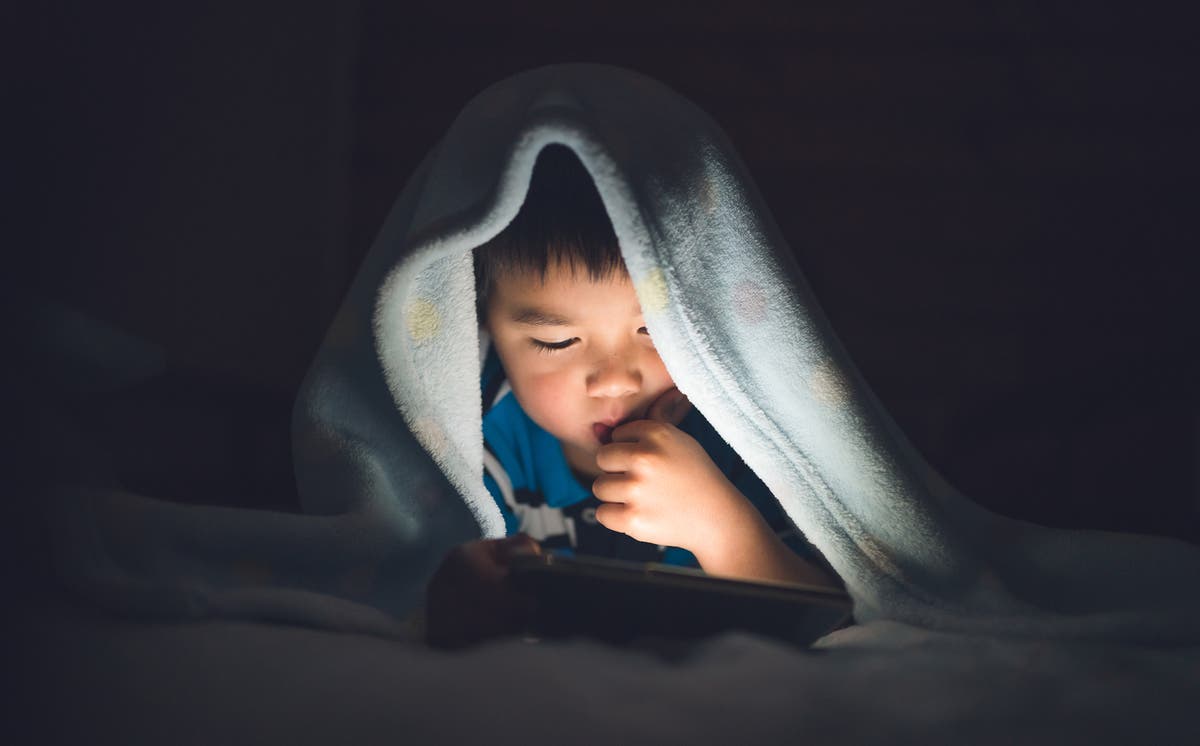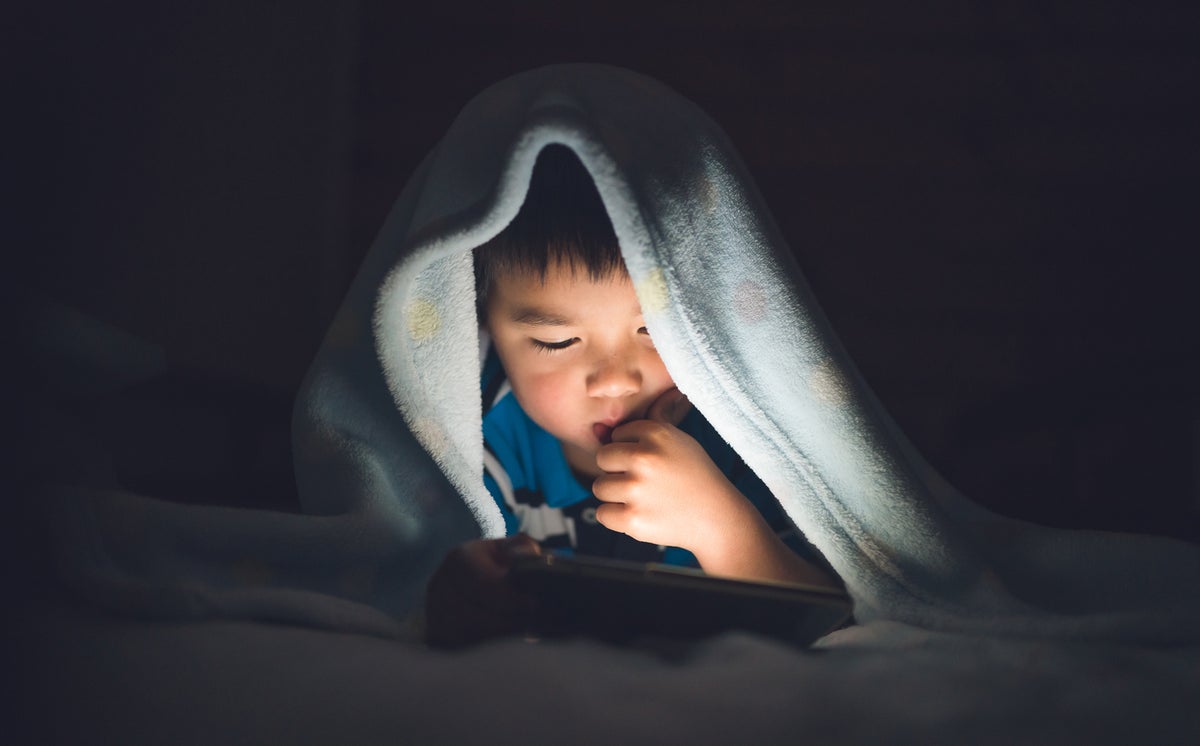Children can be encouraged to curb their screen time if parents adopt a “simple” method of intervention, according to a new study.
Tablets, phones, computers and television have led to parental concerns about the impact screen time has on children’s development.
Recent research suggests a higher amount of screen time at age two is linked to weaker communication and practical skills at age four.
Researchers from Osaka University in Japan said encouraging children to engage more in outdoor play can be a “simple way” to mitigate some of the negative impacts of screen time.
Their new study, published recently in the journal JAMA Pediatrics, tracked 885 children who were between 18 months and four years of age.
They assessed the correlation between three main factors – average daily screen time at age two, amount of outdoor play at age two years and eight months and neurodevelopmental outcomes.
The outcomes analysed specifically included effects on communication, daily living skills and socialisation at age four that were measured by the standardised Vineland Adaptive Behavior Scale-II assessment tool.
“Although both communication and daily living skills were worse in 4-year-old children who had had more screen time at age 2, outdoor play time had very different effects on these two neurodevelopmental outcomes,” explained study co-author Kenji J Tsuchiya.
“We were surprised to find that outdoor play didn’t really alter the negative effects of screen time on communication – but it did have an effect on daily living skills,” Dr Tsuchiya said.
Research found about a fifth of the effects of screen time on daily living skills were mitigated by outdoor play.
This suggested increasing outdoor play time could reduce the negative effects of screen time on daily living skills by almost 20 per cent.
Scientists also observed socialisation was better in four year olds who spent more time playing outside at two years and eight months of age.
“Taken together, our findings indicate that optimising screen time in young children is really important for appropriate neurodevelopment,” said Tomoko Nishimura, another study author.
“We also found that screen time is not related to social outcomes and that even if screen time is relatively high, encouraging more outdoor play time might help to keep kids healthy and developing appropriately,” Dr Nishimura said.
The findings are more important now as Covid-induced lockdowns around the world have revealed how screen time increased among children and led to less outdoor time for them.
Researchers called for future studies to look specifically into the nature of the associations and develop intervention measures to reduce the potential risk of higher screen time.
“Further, updating guidelines regarding media use is extremely important for parents, educators, researchers, and the children themselves,” they added.








More Stories
New vaccine may hold key to preventing Alzheimer’s, scientists say
Just 1% of pathogens released from Earth’s melting ice may wreak havoc
Europe weather: How heatwaves could forever change summer holidays abroad